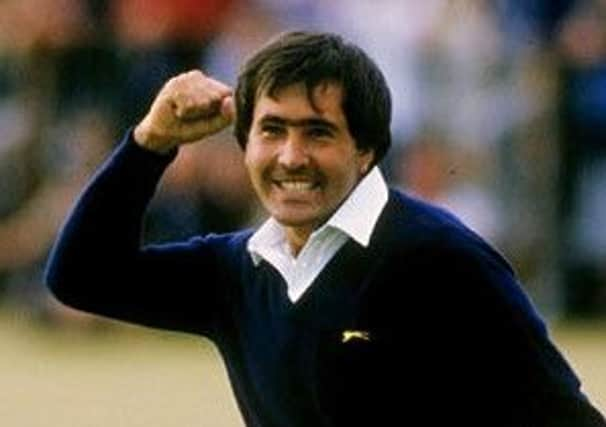The Week that Was: Stalemate in Miners' Strike


The dispute had started after Sir Ian McGregor, head of the National Coal Board, announced cuts to production, the equivalent of the loss of 20 pits or 20,000 jobs. As a result, Mr Scargill called on miners to strike as they had done successfully in 1972 and 1974.
The veto on a national ballot signalled a serious escalation of the dispute, as did increasing dissent between hardline members of the NUM and moderates representing members in the north-west of England who wanted to work.
Advertisement
Hide AdAdvertisement
Hide AdMr Scargill’s anti-ballot decision was challenged during an executive meeting at the union’s national headquarters in Sheffield, but a vote supported Mr Scargill’s ruling by 13 to eight with three abstentions.
As he addressed 2,500 miners assembled afterwards, the situation became violent, with some miners attacking moderate union officers who were leaving the building.
Mr Scargill later told a news conference that “the fight against Thatcher and McGregor on pit closures” would go on, but a national ballot would only conflict with a recent executive decision to allow each area the chance to call individual strikes.
In other news, unemployed Hull fishermen were morally owed at least £300,000 from the industry’s government-backed redundancy fund, it was claimed in a Commons debate.
Advertisement
Hide AdAdvertisement
Hide AdHull West Labour MP Stuart Randall said men had paid into the fund while in work and it was outrageous that they could not get money to help rebuild their lives. They received nothing, while trawler owners, redundant steelworkers and miners had been getting huge compensation.
Bone marrow transplants were now showing a 70 per cent success rate, a leading children’s cancer expert said this week. Dr Cliff Bailey, a consultant with Leeds Eastern Heath Authority, where a transplantation programmed started two years previously, said that transplant had become an effective treatment for certain types of leukaemia.
Speaking at a conference of physiotherapists at Leeds University, Dr Bailey said finding a donor was the major obstacle to the transplant programme. Although a quarter of patients could receive marrow from a sibling, the chance of finding a suitable donor among unrelated people was one in 100,000.
The government announced this week that the McDonnell Douglas ship-launched Harpoon Missile was to be the next generation of surface-to-surface guided weapon for the Royal Navy.
Advertisement
Hide AdAdvertisement
Hide AdSubject to agreement with the American company, an order for a fixed price contract worth around £200m would be placed for the missiles plus associated ship systems for Batch III type 22 and type 23 frigates. British Aerospace lost out on that contract, but did win an order for the Seawolf surface-to-surface air missile for Royal Navy type 23 frigates.
Millions of viewers of the TV show Live From Her Majesty’s looked on as much-loved comedian Tommy Cooper collapsed on stage, apparently suffering from chest pains.
Cooper, 62, died shortly afterwards at the Westminster Hospital. He had a history of heart trouble, and had suffered a first heart attack in 1977.
His tearful agent, Miff Ferrie, said: “He’s one of the greatest there’s ever been.
“There will never be another Tommy Cooper.”